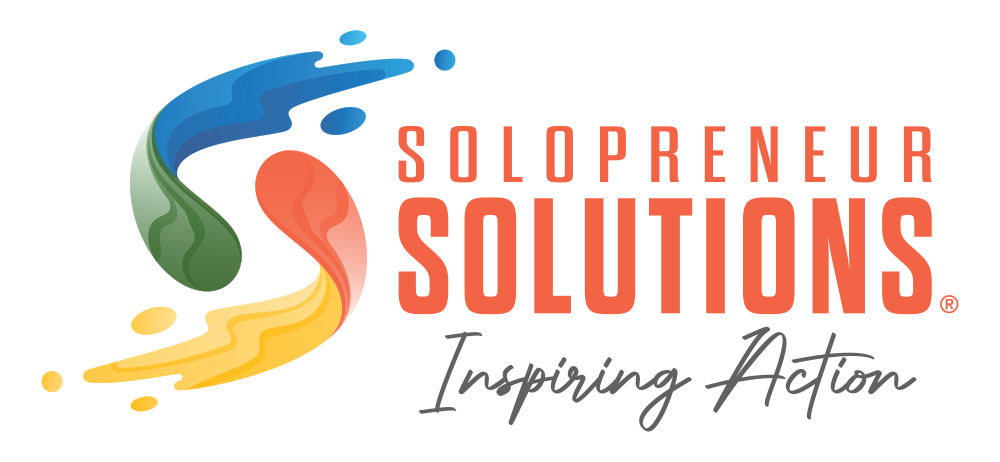Coaching is a transformative process that can significantly enhance an individual’s personal growth and development. By providing the necessary tools, guidance, and support, coaching can help individuals achieve their goals, overcome fears, and ultimately improve their overall quality of life.
The Essence of Coaching
Coaching is more than just a series of sessions where advice is given. It is a partnership between the coach and the coachee, where the coach provides a safe and supportive environment for the coachee to explore their potential and navigate their path towards their goals. The coach does not impose their own ideas or solutions but instead guides the coachee to discover their own answers.
The methods used in coaching are varied and tailored to each individual’s needs and aspirations. These may include active listening, powerful questioning, goal setting, action planning, and constant feedback. Through these methods, the coach assists the coachee in achieving clarity, gaining new perspectives, and cultivating self-awareness – key elements in personal growth and development.
The Learning Process in Coaching
One of the most significant aspects of coaching is the learning process involved. Unlike traditional teaching methods where knowledge is imparted, coaching encourages experiential learning. Here, the coachee learns by doing, reflecting on their actions, and making necessary adjustments.
For example, a coachee aiming to develop healthier relationships might be encouraged to practice active listening and empathic communication in their interactions. By reflecting on these experiences, the coachee gains insights into their communication patterns and how they can improve them.
Techniques Used in Coaching
Coaching employs a variety of techniques to guide individuals towards success. One popular technique is the GROW model, which stands for Goal, Reality, Options, and Will. This model provides a structured approach to goal setting and problem-solving, allowing the coachee to define clear goals (Goal), understand their current situation (Reality), explore various strategies (Options), and commit to specific actions (Will).
Other techniques may include visualization exercises to overcome fears, mindfulness practices to enhance focus and reduce stress, and strength-based approaches to leverage the coachee’s unique strengths and abilities.
The Impact of Coaching on Quality of Life
Coaching can significantly improve the quality of life for individuals seeking growth and development. For instance, consider a professional struggling with career progression. Through coaching, they can define their career goals, identify barriers, develop strategies to overcome these barriers and build confidence in their abilities. As a result, they advance in their career and experience increased job satisfaction and improved work-life balance.
Similarly, coaching can help individuals overcome fears that inhibit their growth. By working through their fears in a supportive environment, they can build resilience, enhance their self-esteem, and lead more fulfilling lives.
Conclusion
In conclusion, coaching plays a pivotal role in personal growth and development. It provides a supportive platform for individuals to explore their potential, learn new skills, overcome challenges, and achieve their goals. Whether it’s advancing in one’s career, developing healthier relationships, or overcoming fears, coaching can effectively guide individuals towards a better quality of life.
